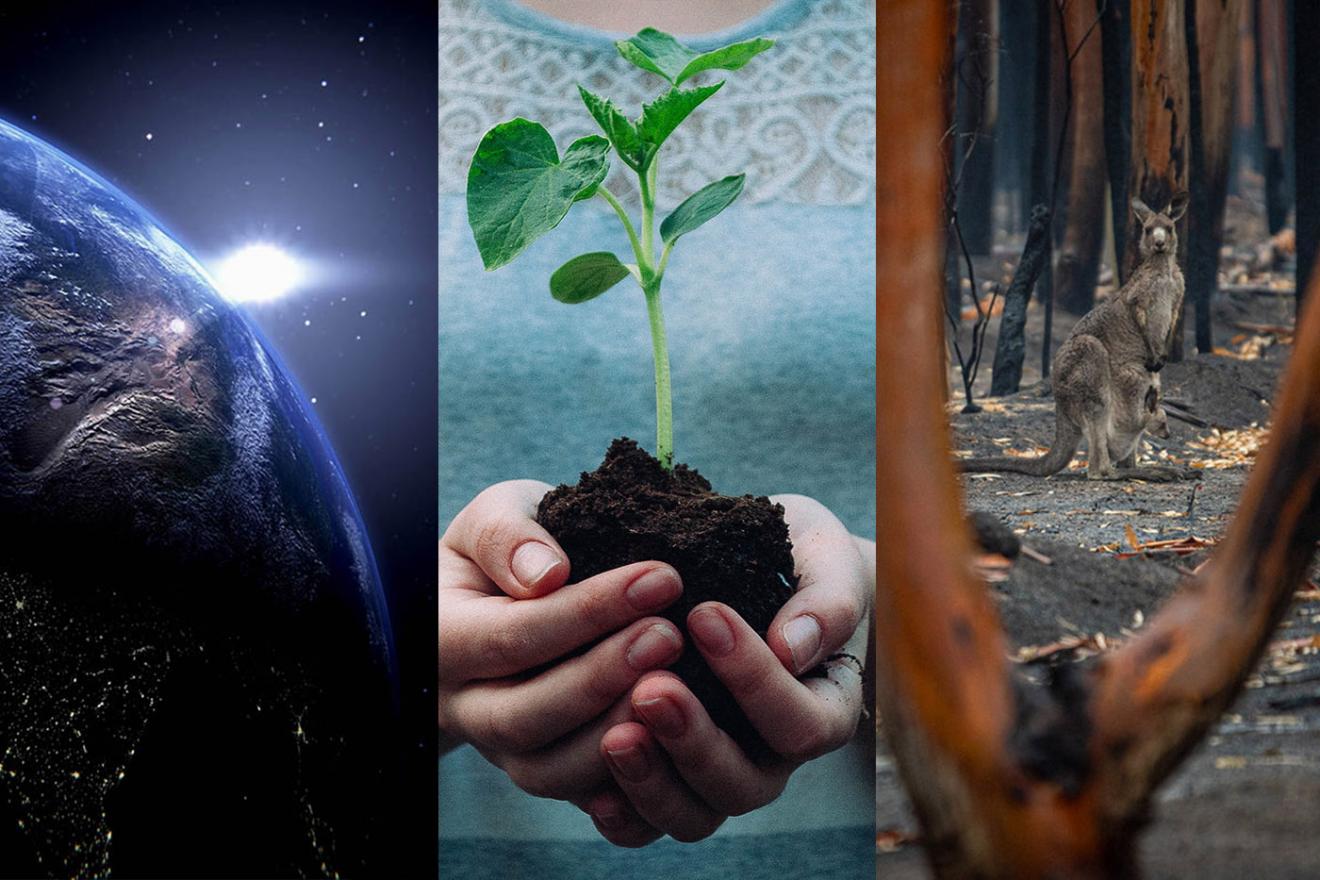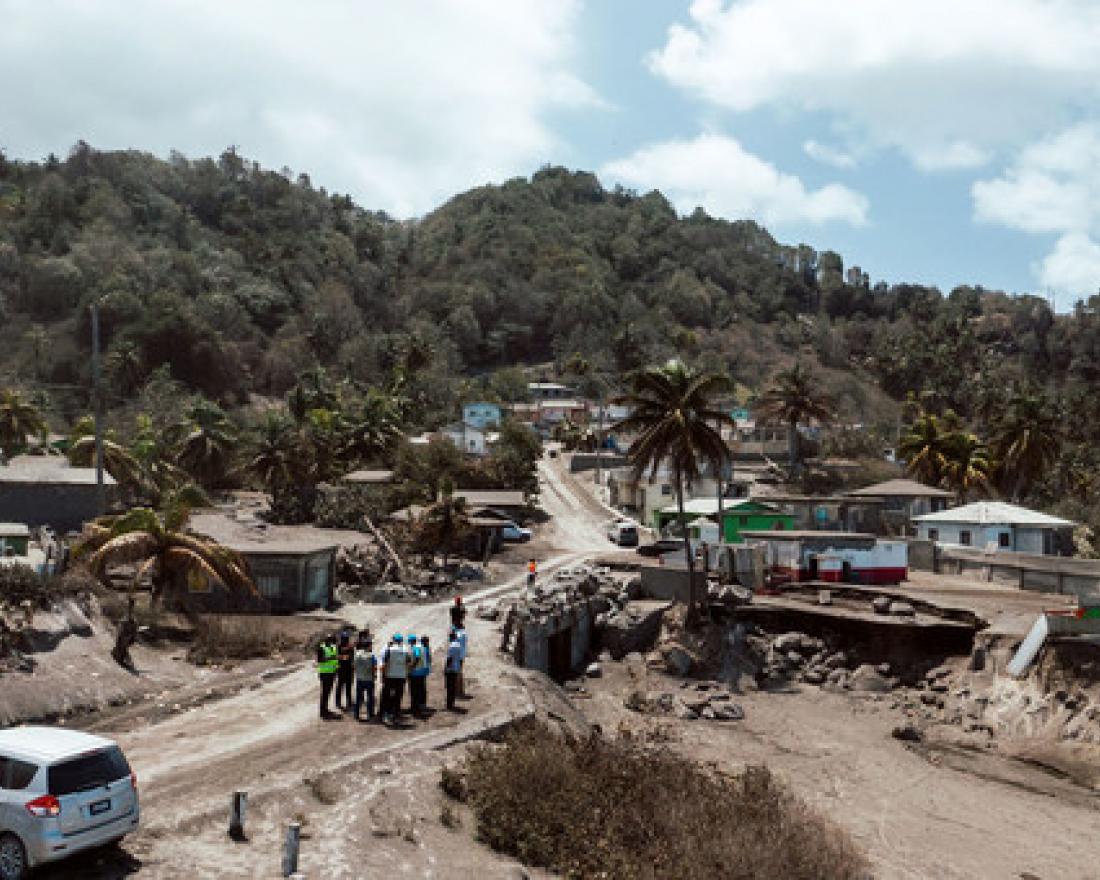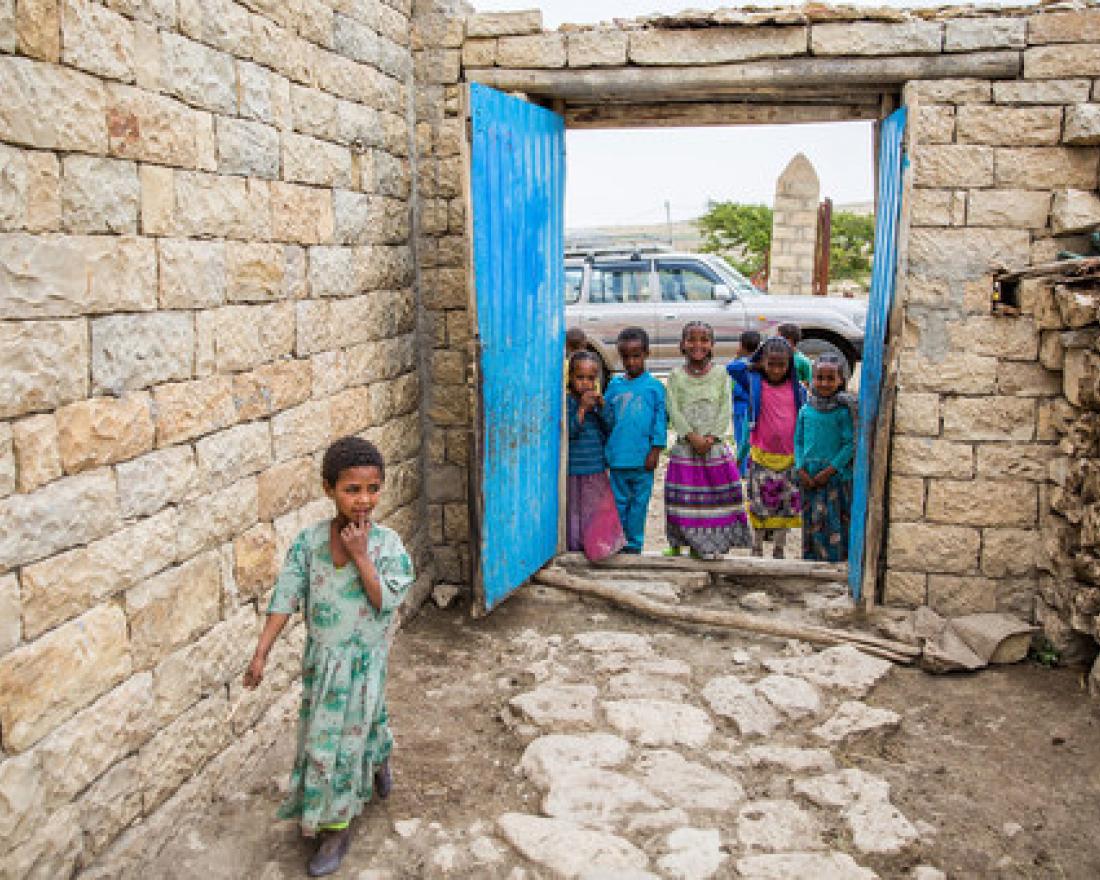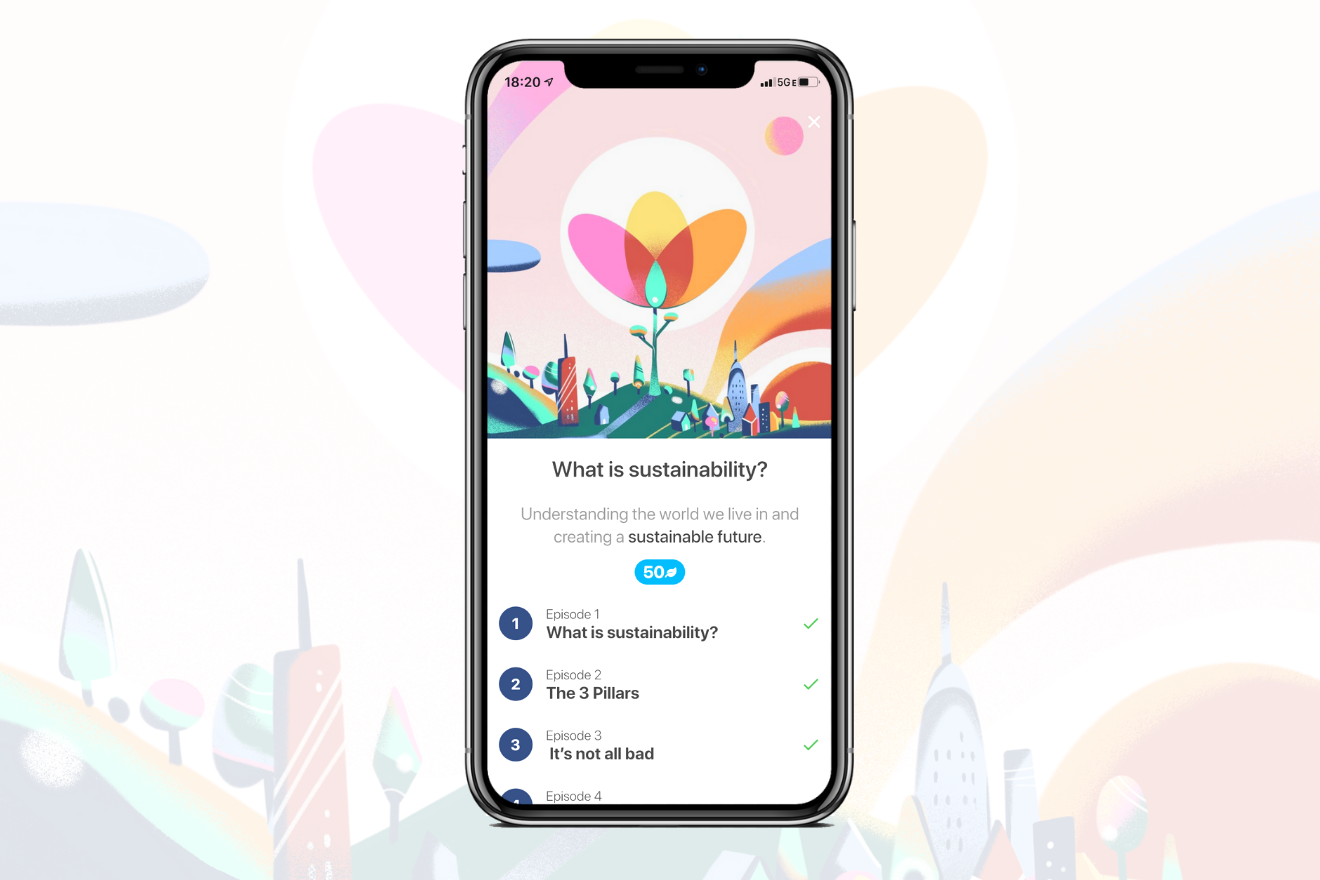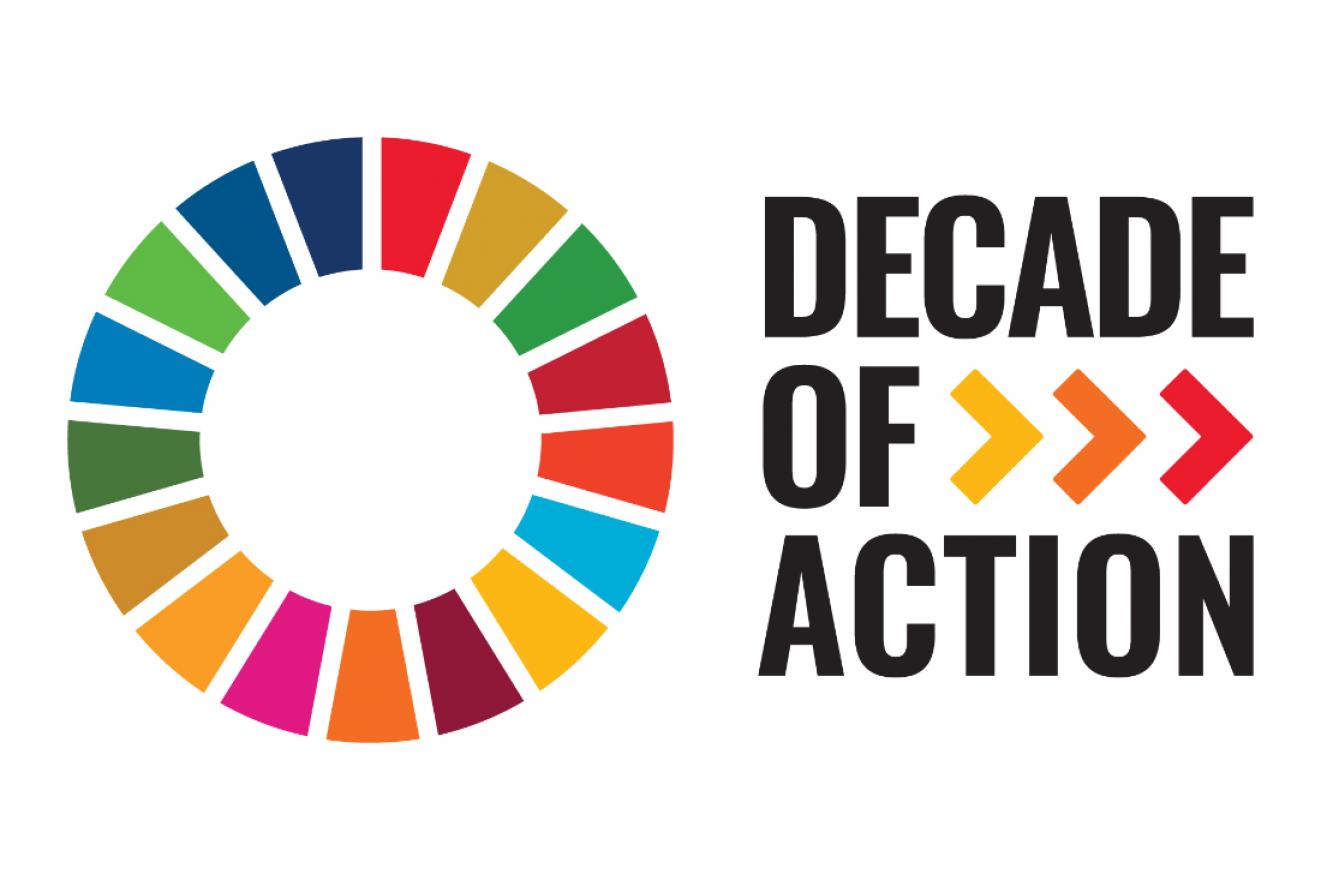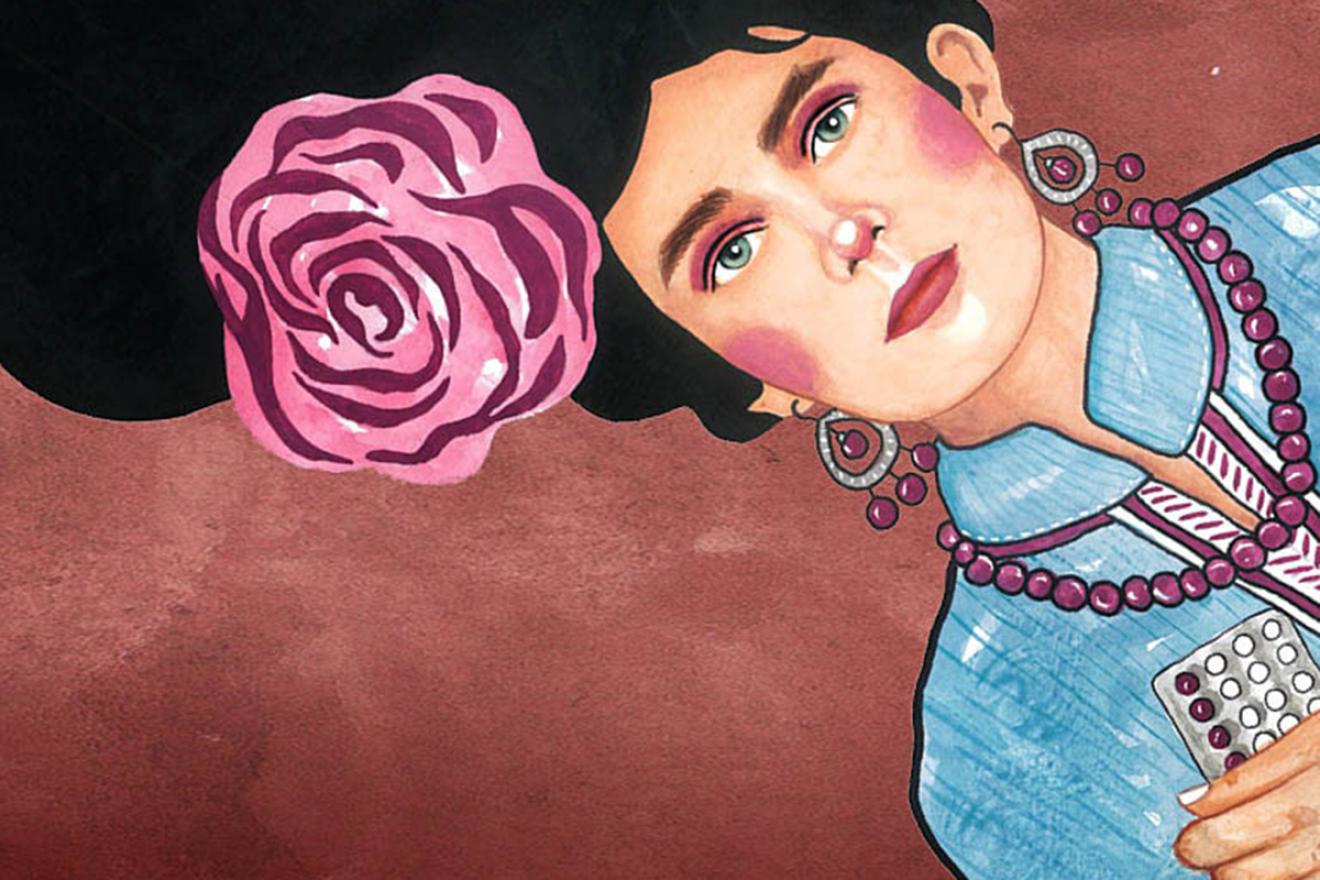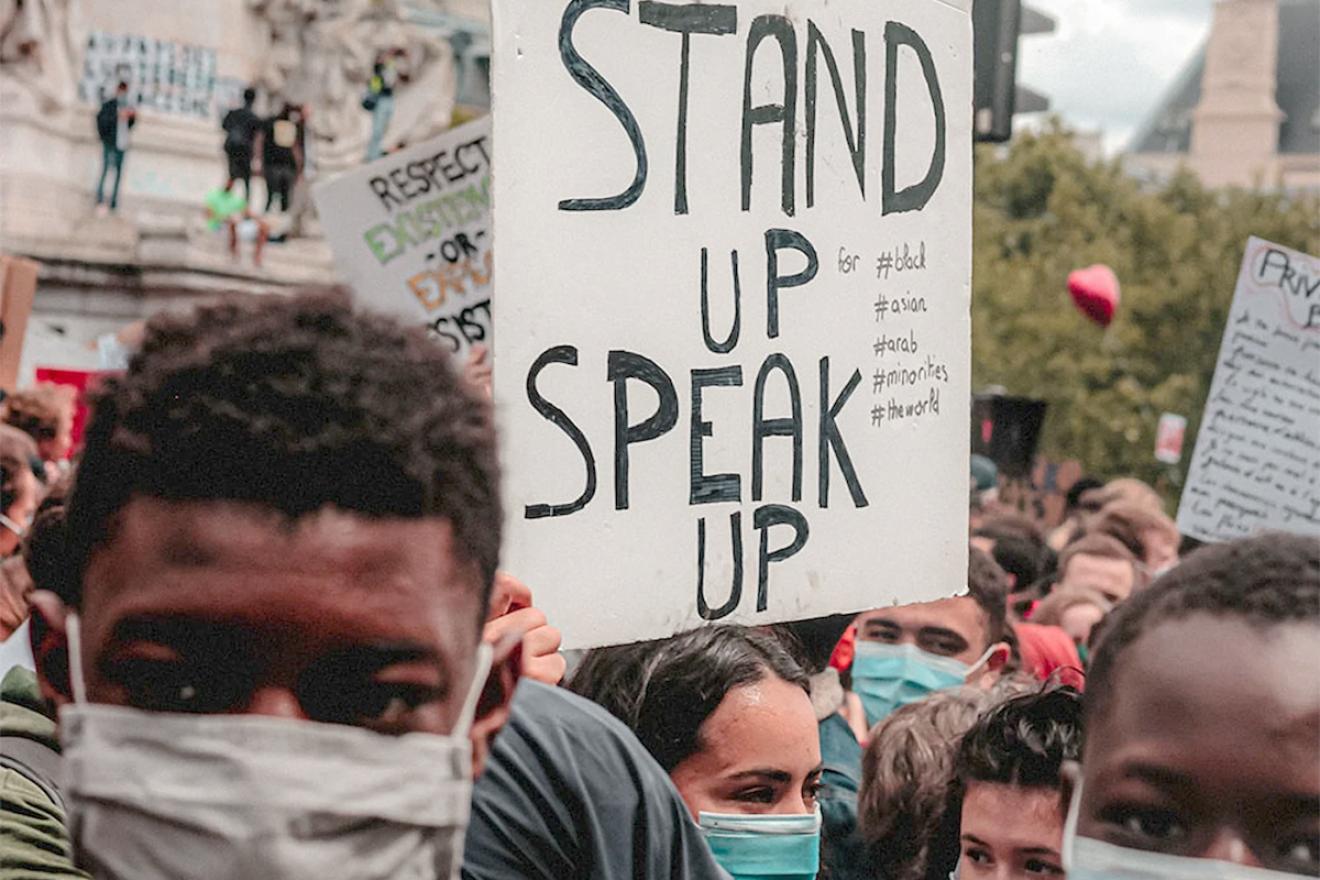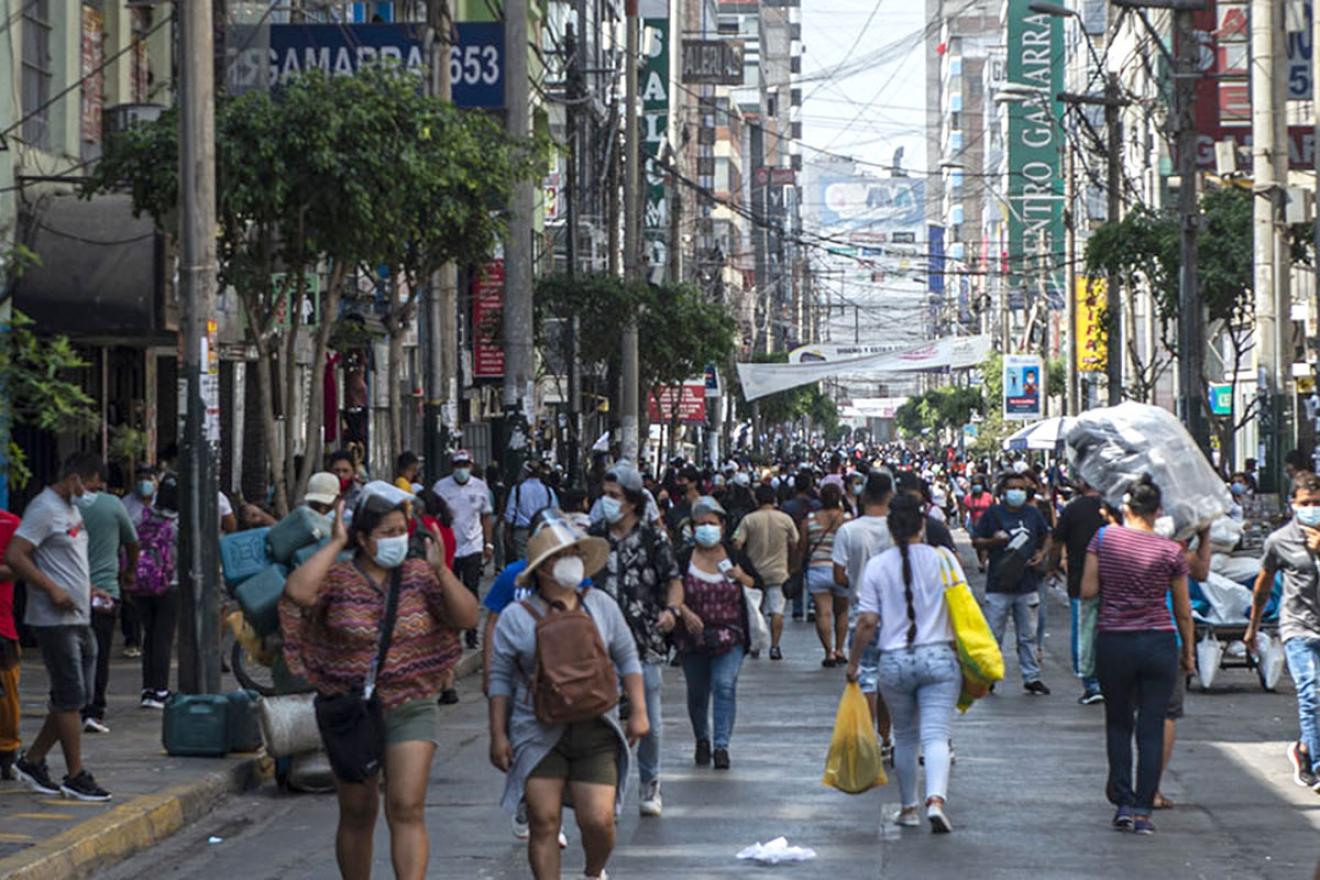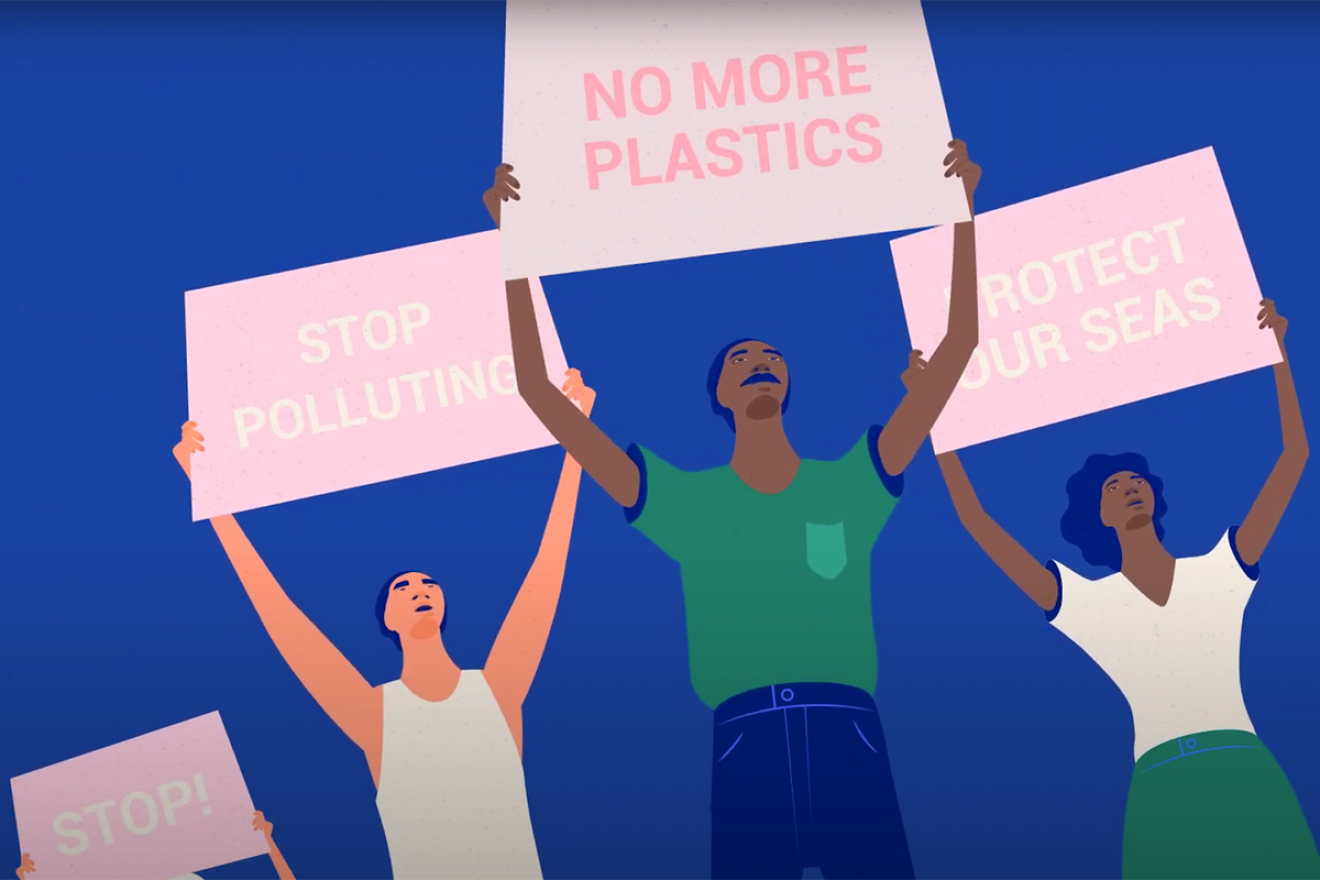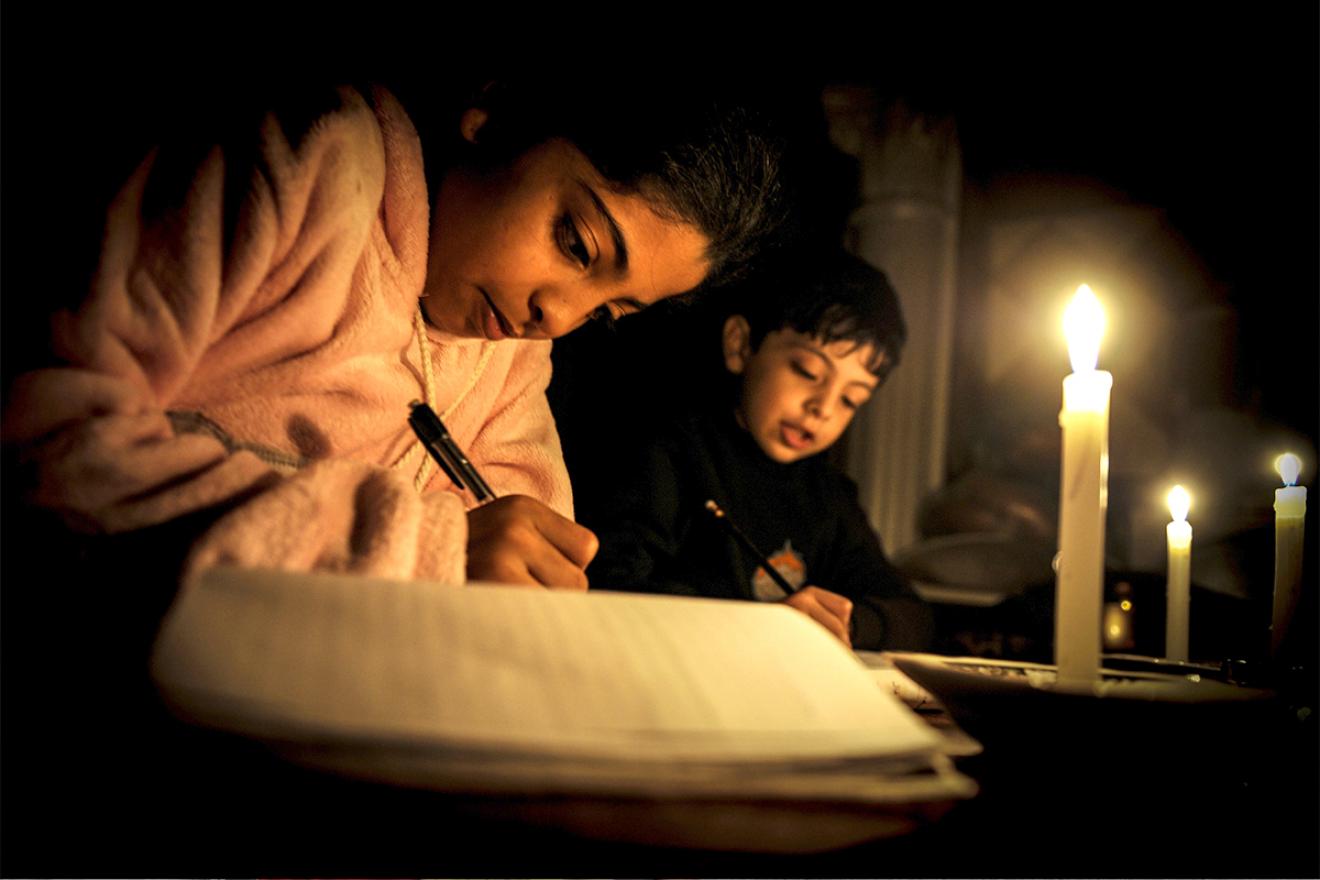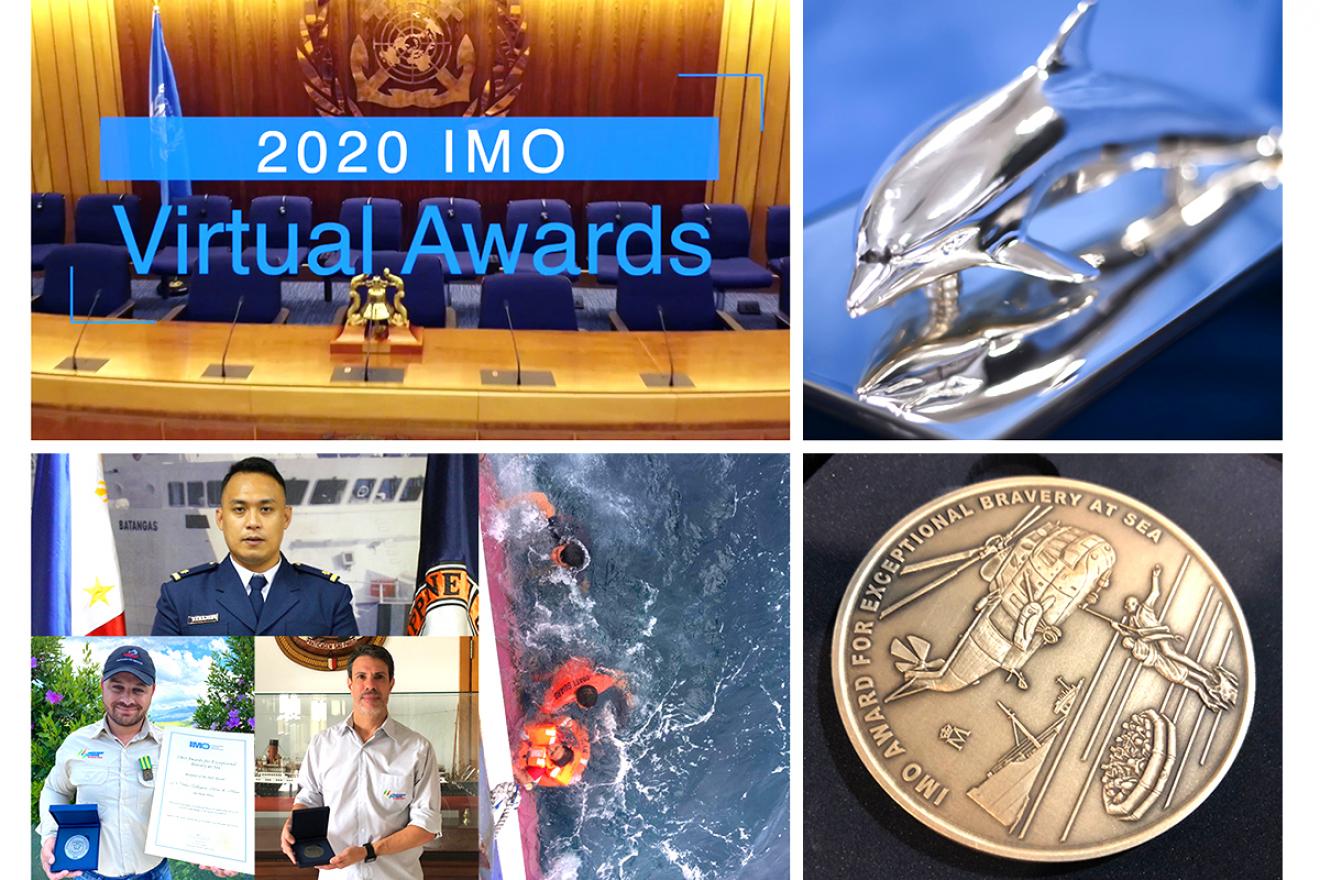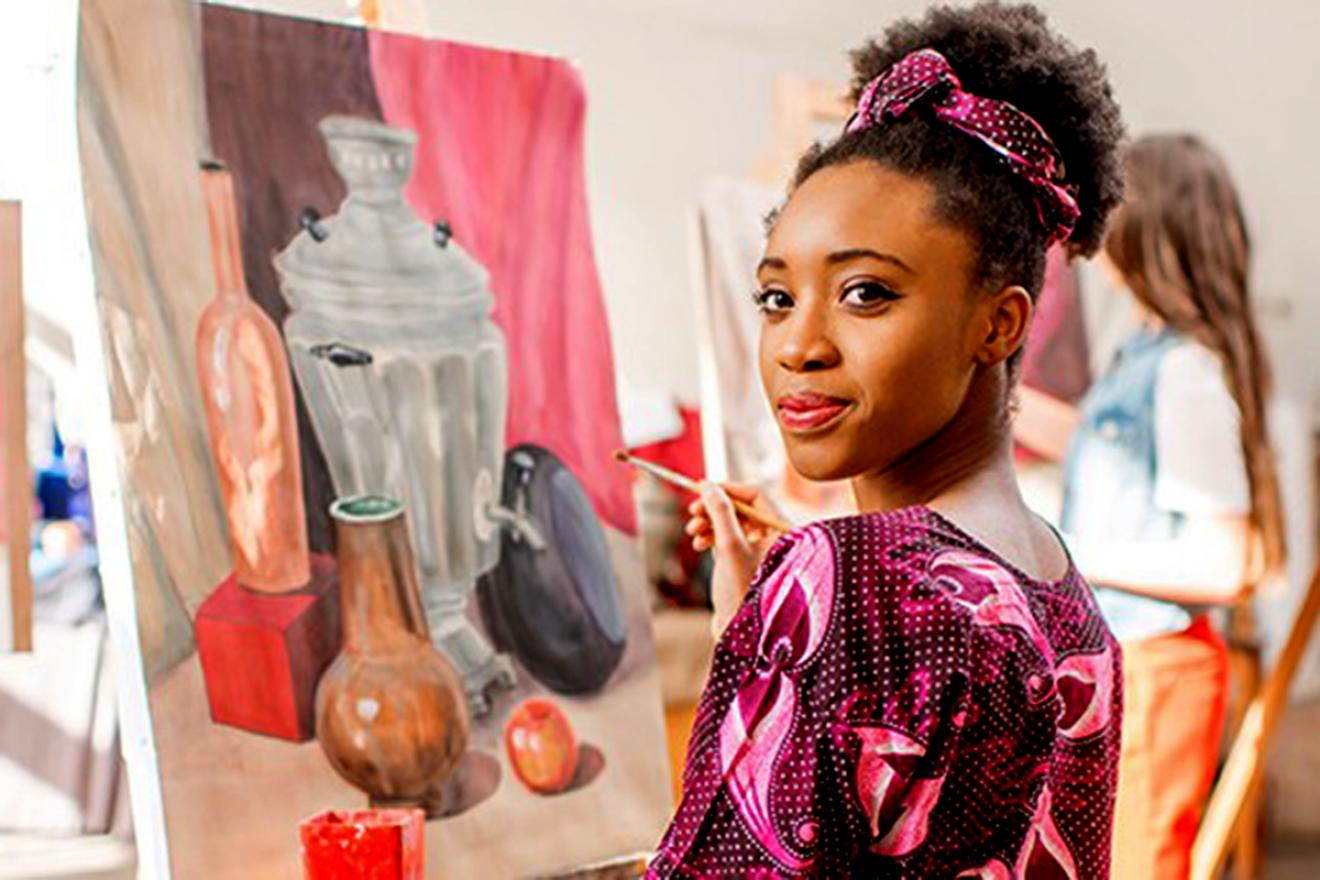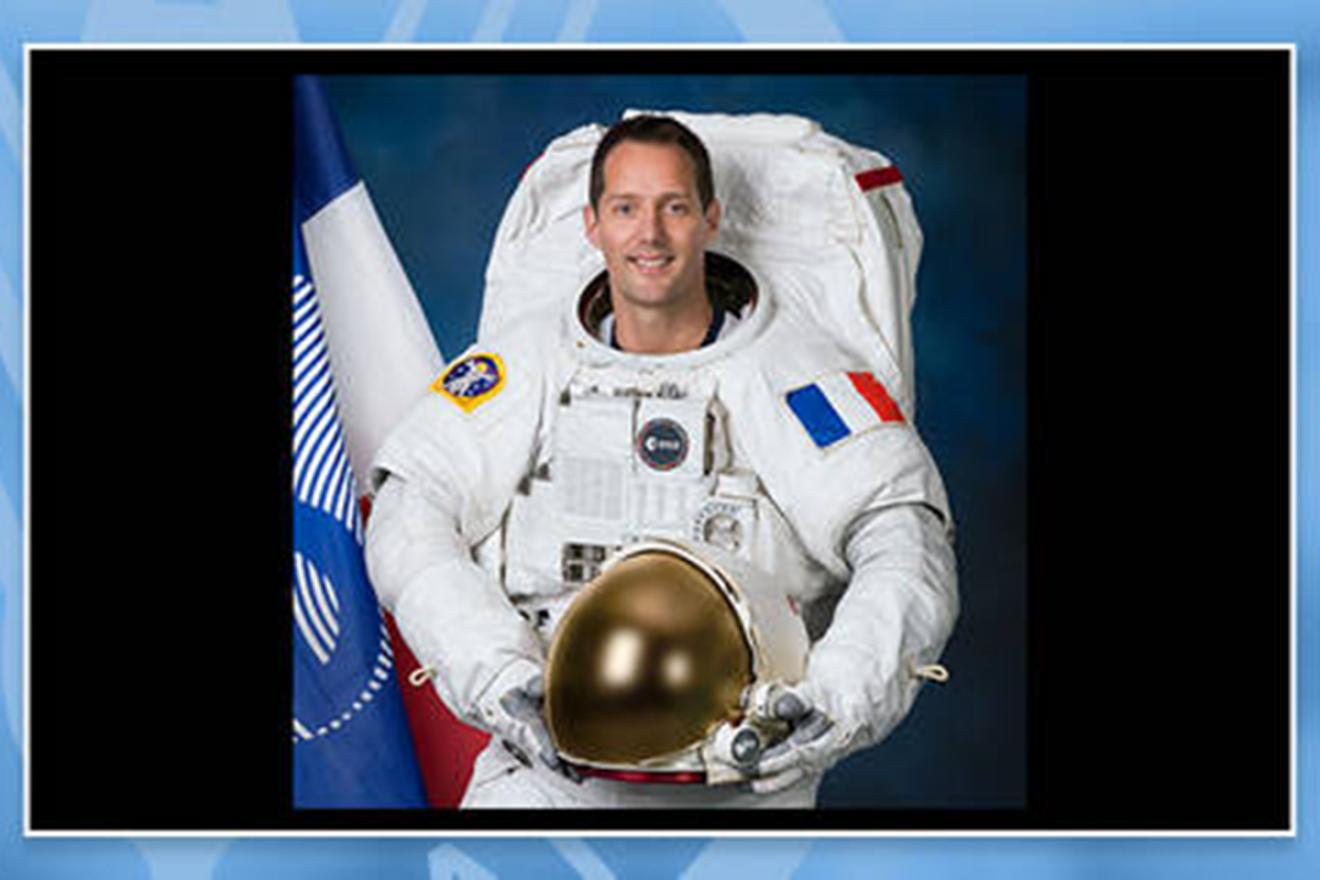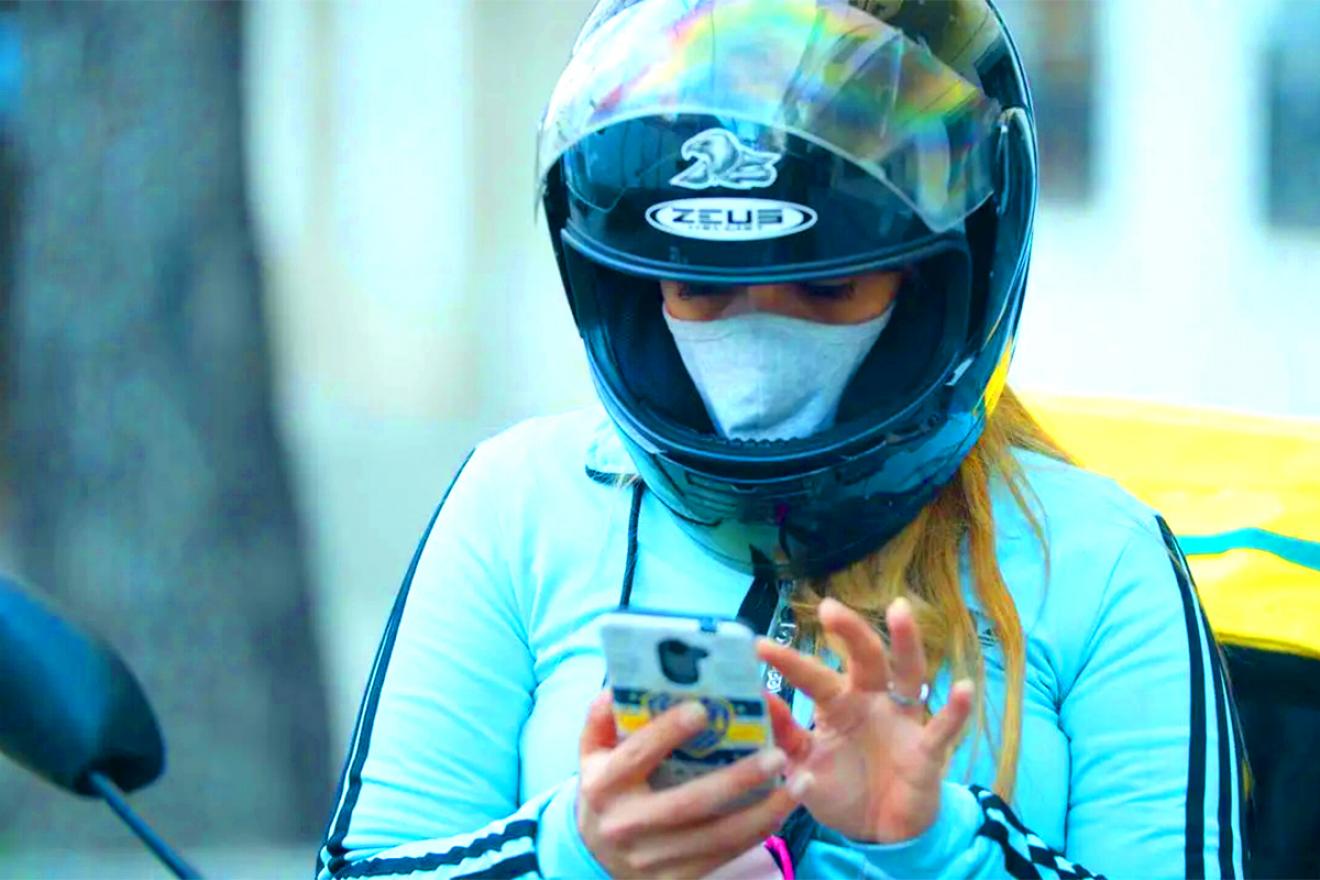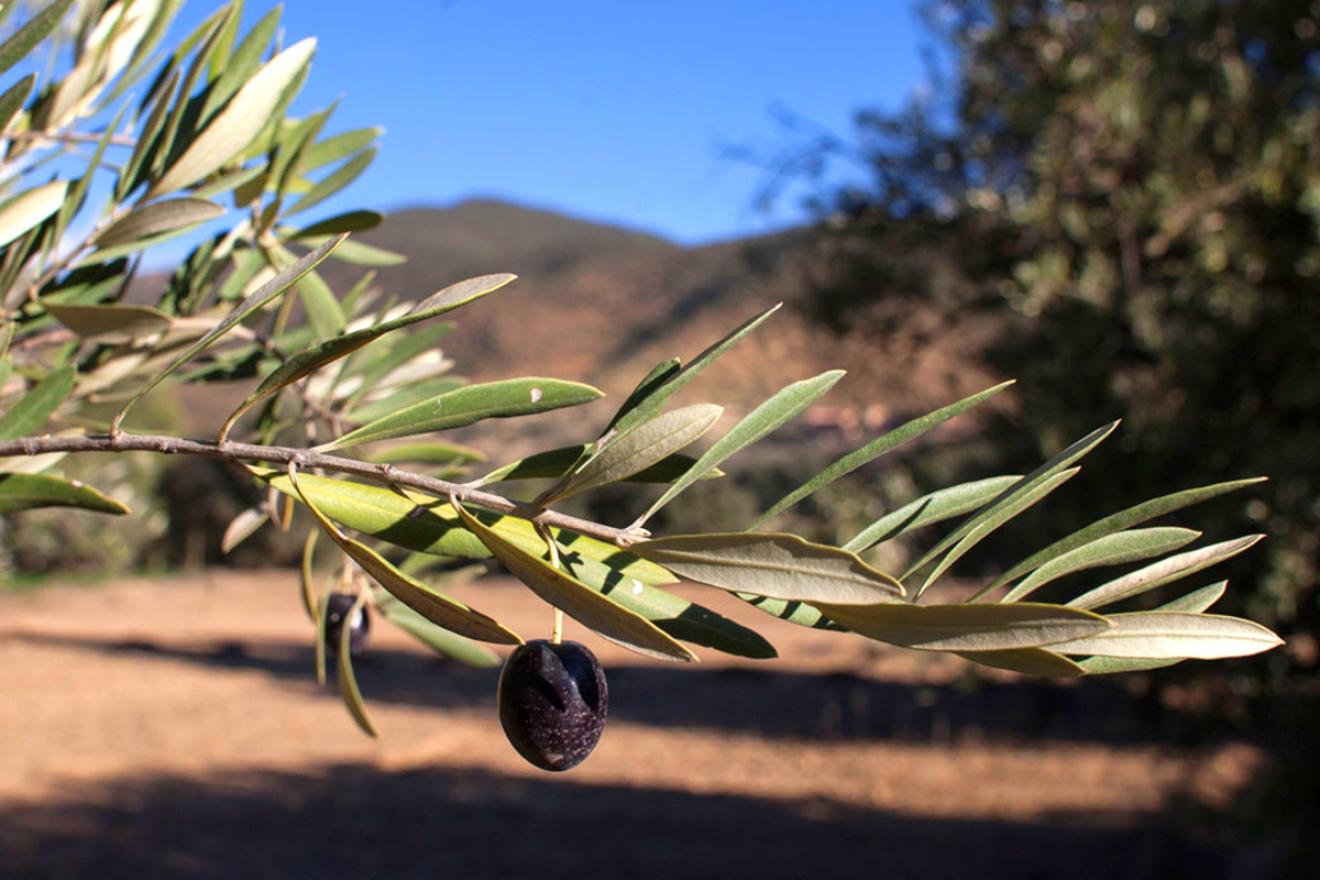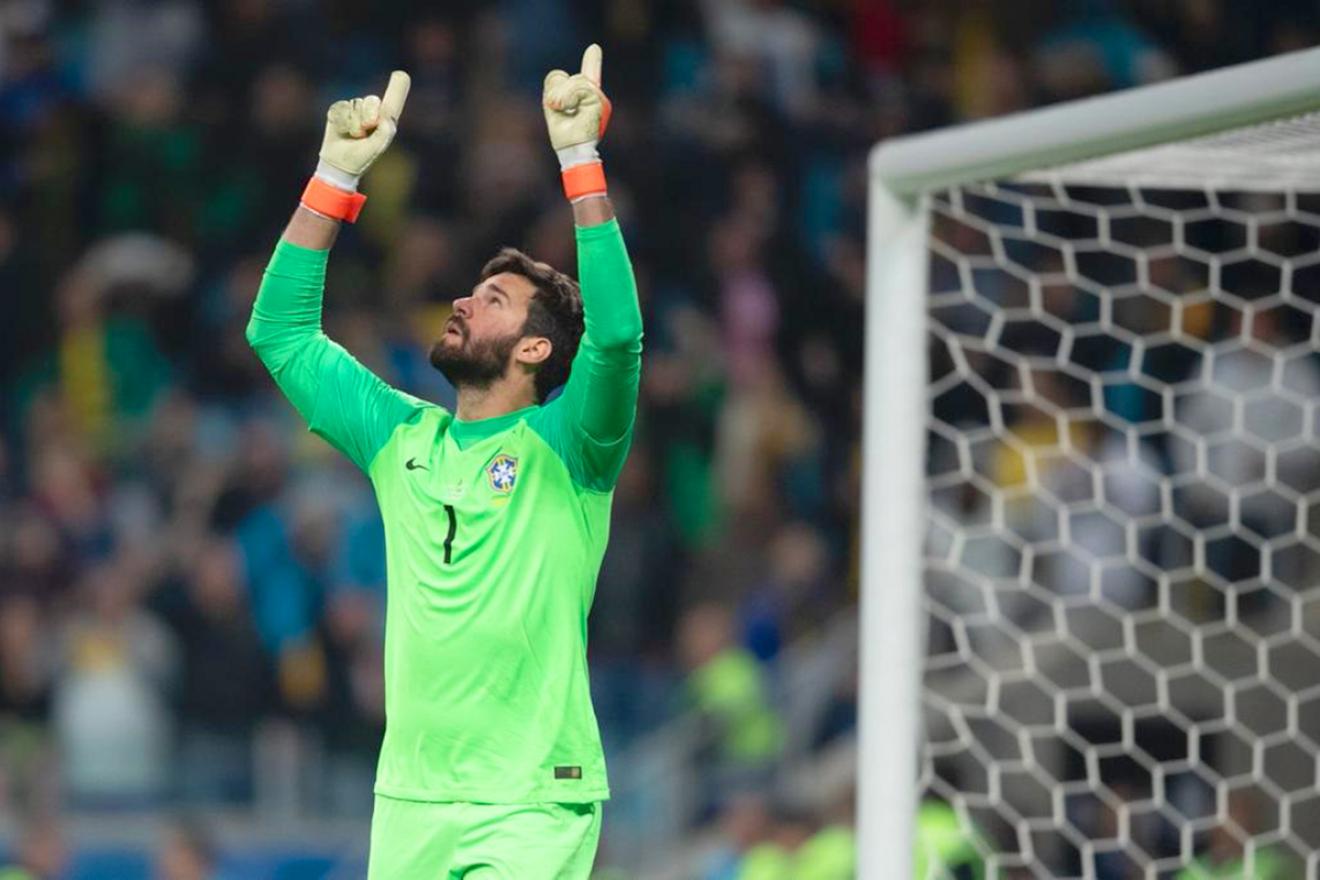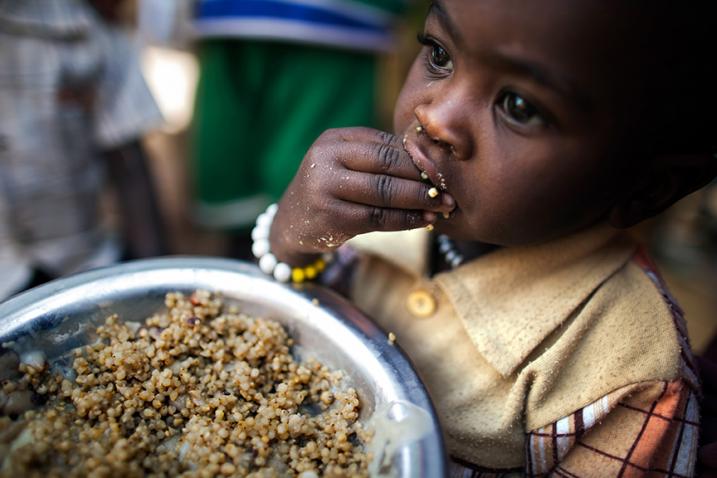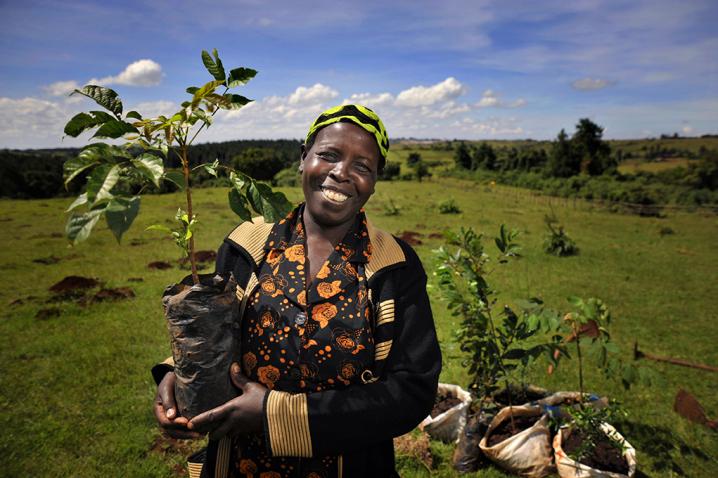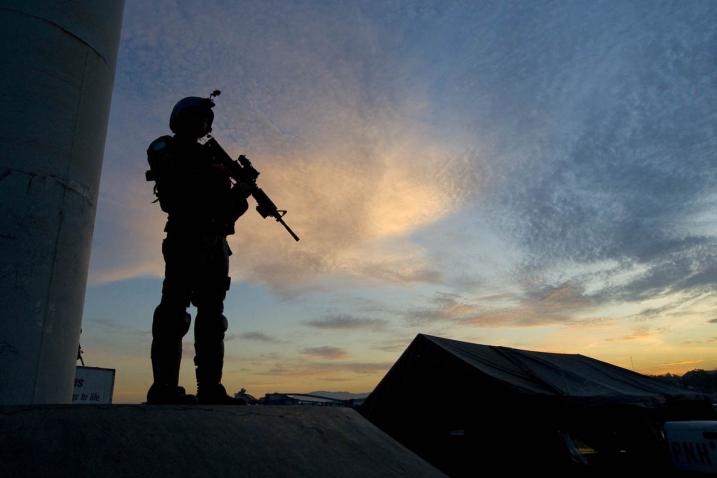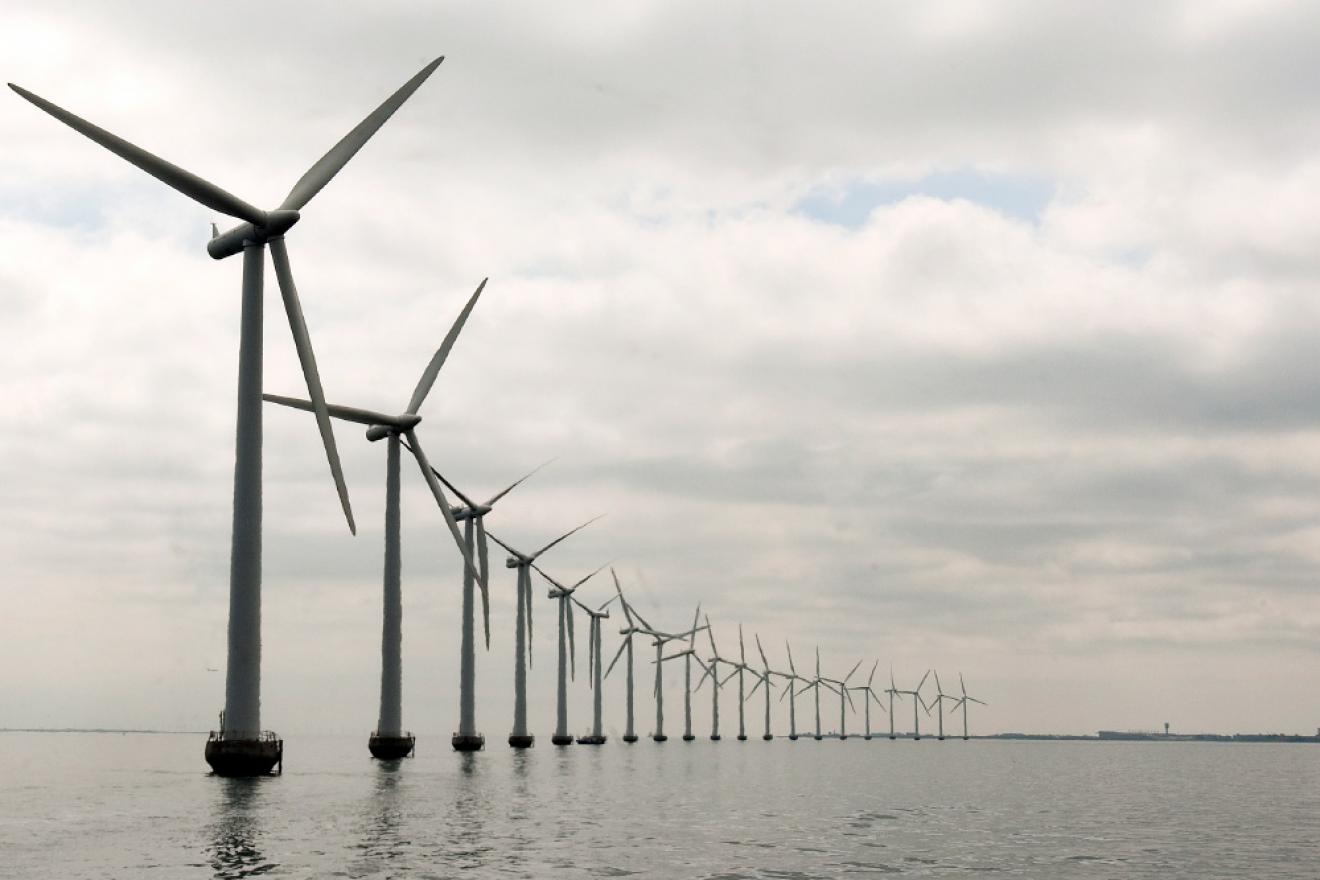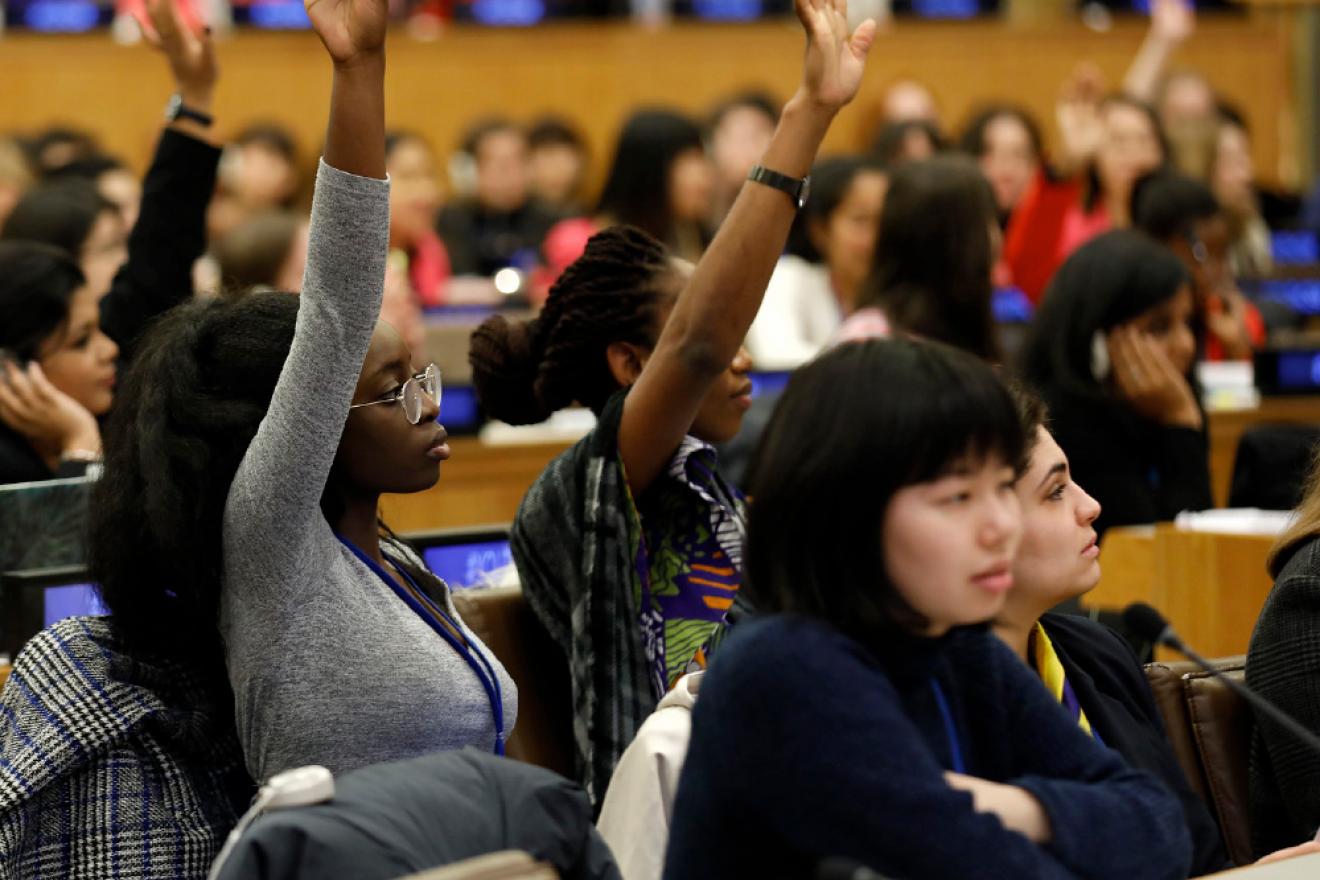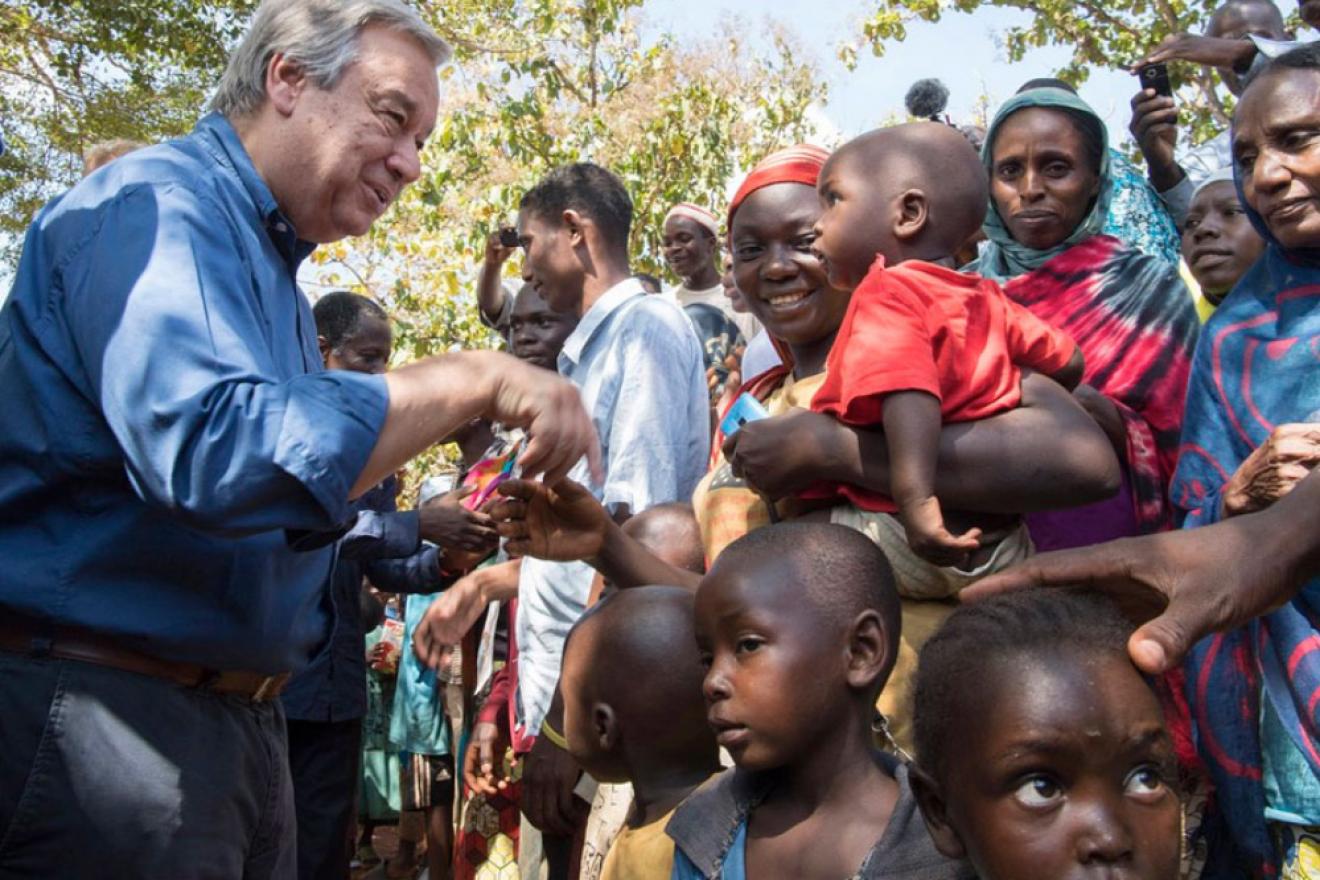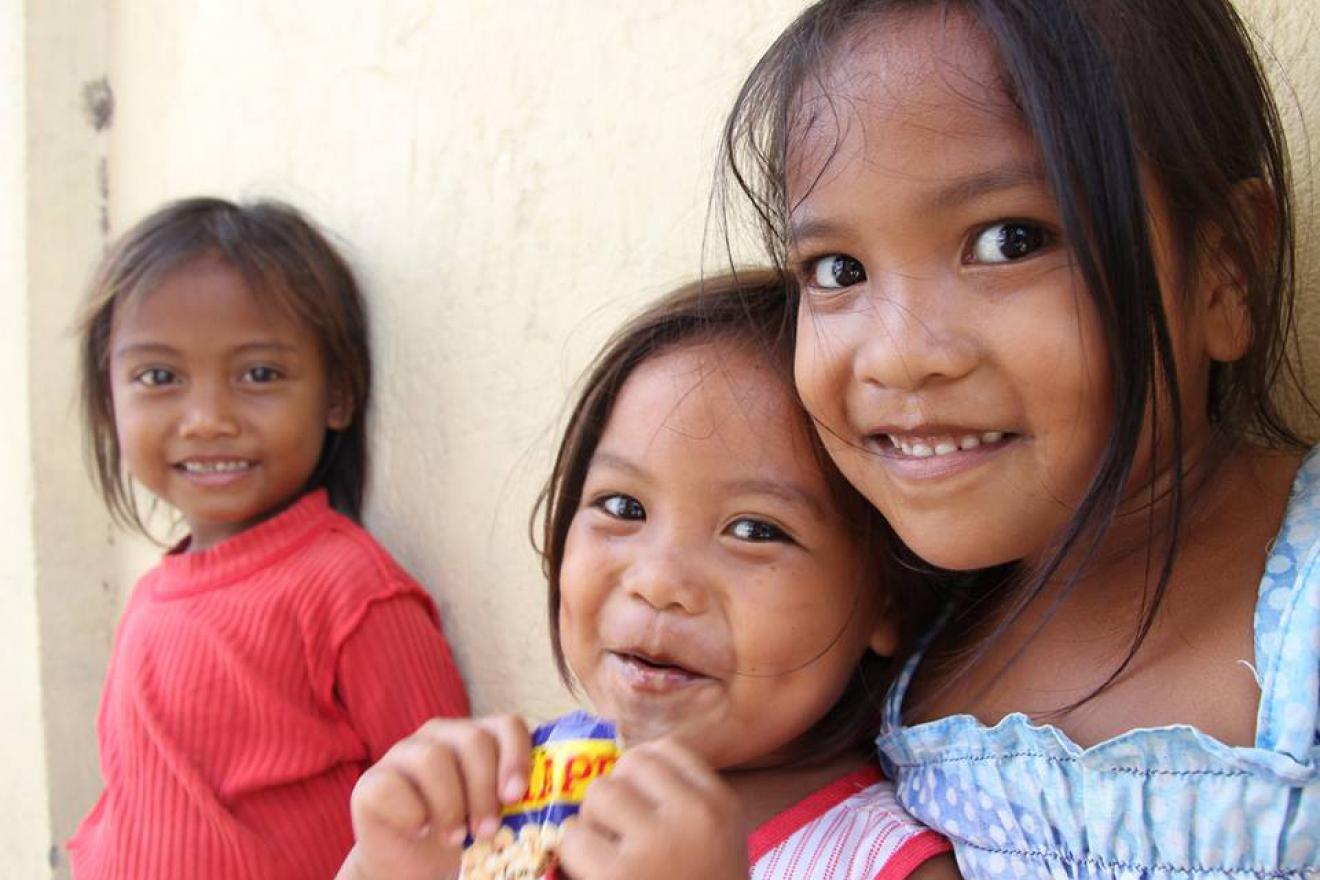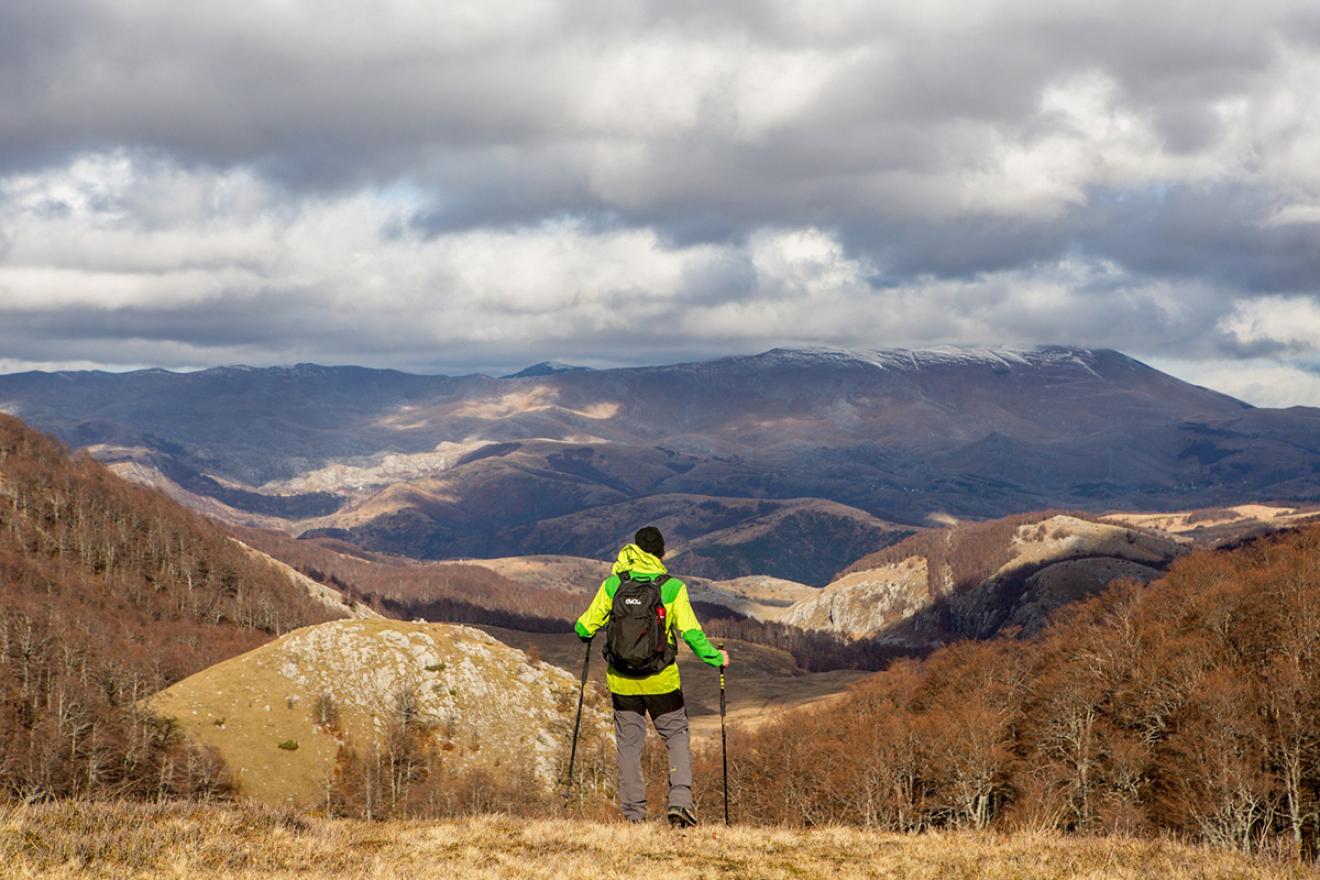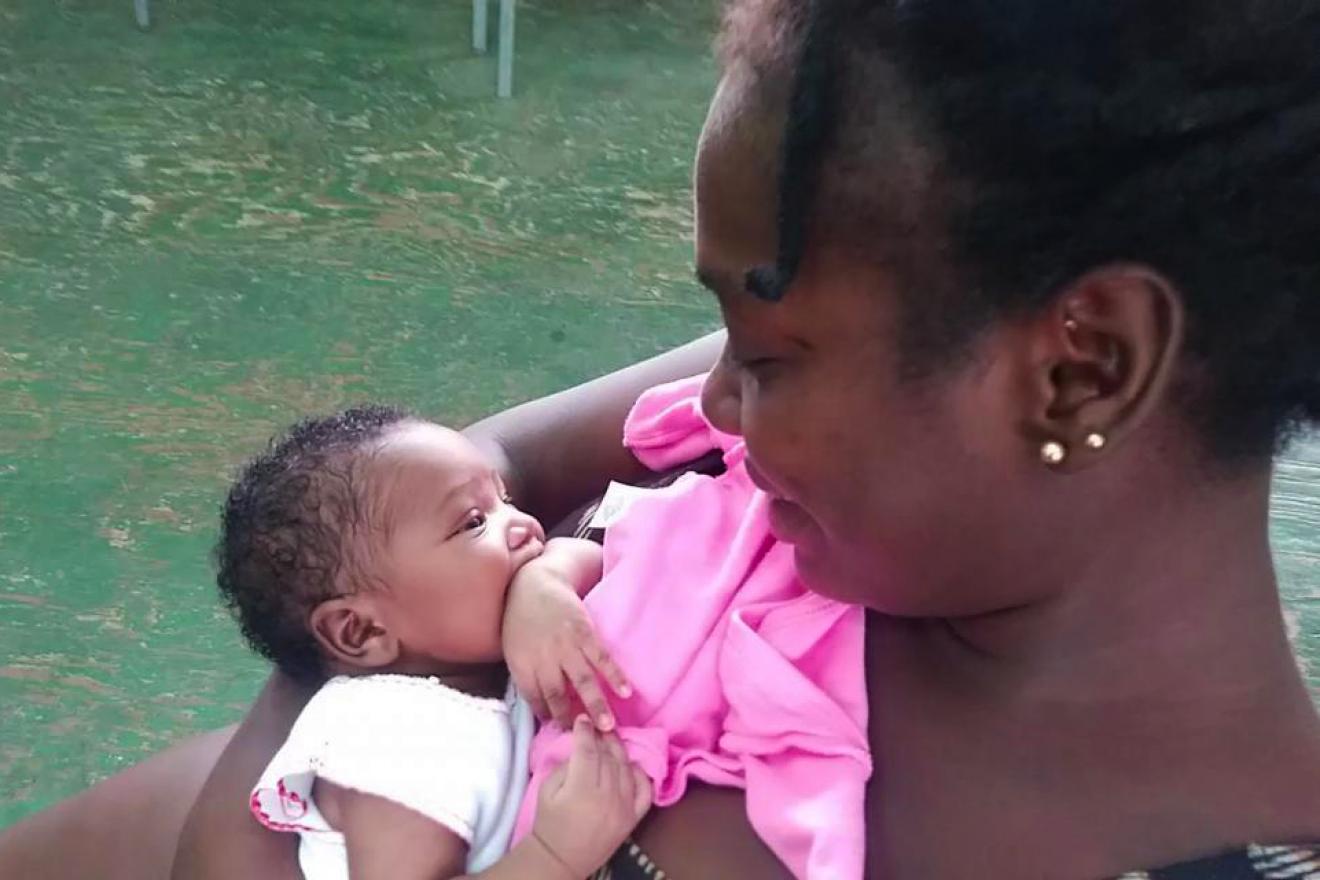The ActNow campaign aims to trigger individual action on the defining issue of our time. People around the world have joined to make a difference in all facets of their lives, from the food they eat to the clothes they wear.
When Mother Earth sends us a message
Mother Earth is clearly urging a call to action. Nature is suffering. Oceans are filling with plastic and turning more acidic. Extreme heat, wildfires, floods, and hurricanes have affected millions of people. We continue to face COVID -19, a worldwide health pandemic linked to the health of our ecosystem. For International Mother Earth Day (22 April), let's be reminded that we need a shift to a more sustainable economy that works for both people and the planet. Let’s promote harmony with nature.
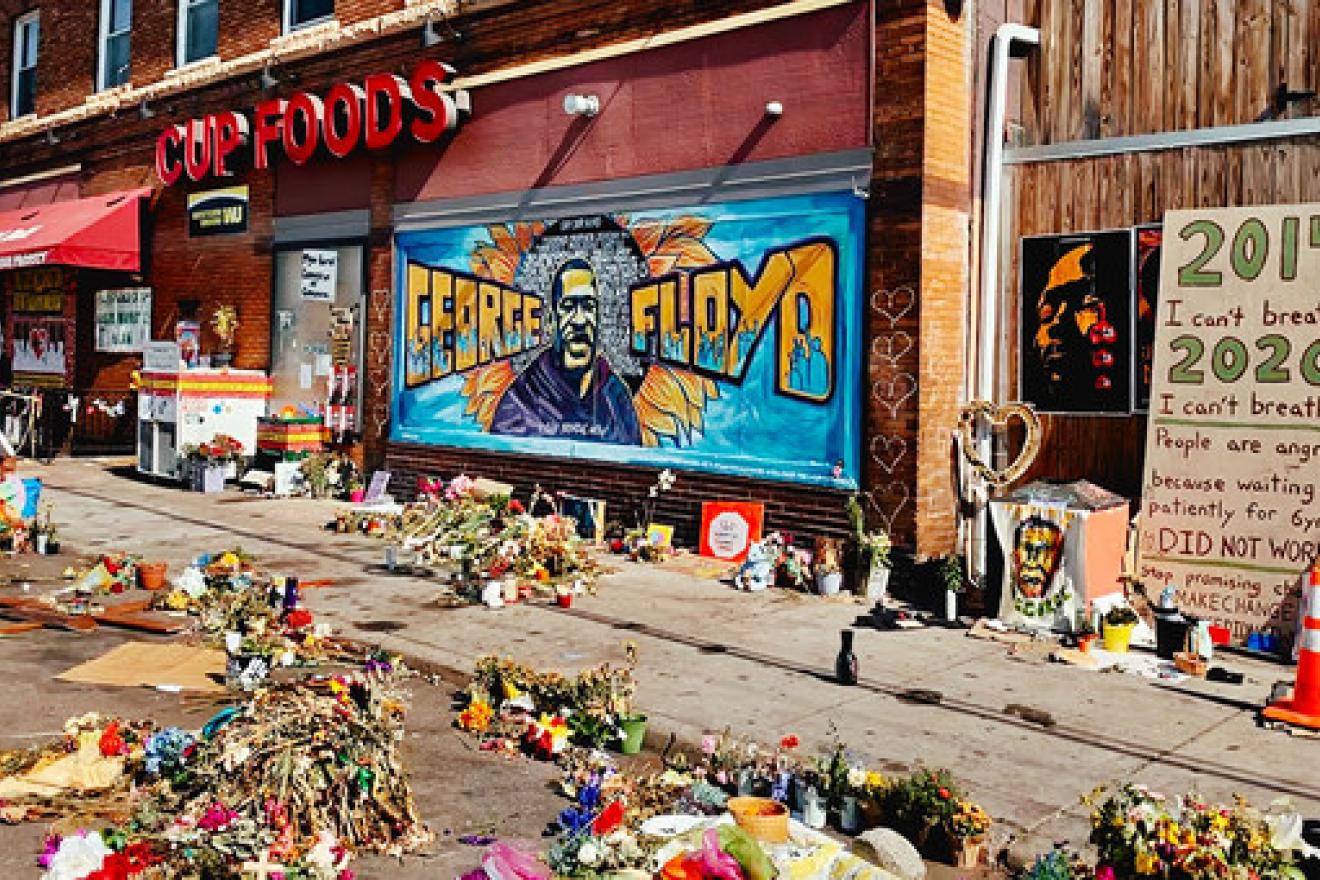
UN rights chief welcomes verdict in George Floyd murder case
21 April 2021 — The guilty verdict against Derek Chauvin in the George Floyd murder trial has been welcomed by the UN human rights chief, who said on Wednesday that “any other result would have...
La Soufrière volcano: UN launches $29 million appeal to support stricken island of Saint Vincent
20 April 2021 — The UN launched a $29.2 million global funding appeal on Monday to aid citizens of Saint Vincent and the Grenadines affected by the major eruptions spewing from La Soufrière ...
‘No end’ to conflict in Ethiopia’s Tigray region, warns UNICEF
20 April 2021 — Disturbing reports have continued to emerge of widespread abuse of civilians in Ethiopia’s Tigray region, nearly six months since conflict erupted, the UN Children’s Fund (UNICEF) ...

